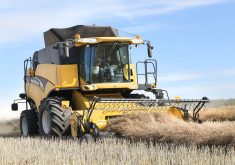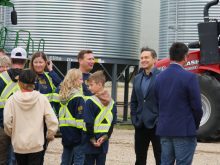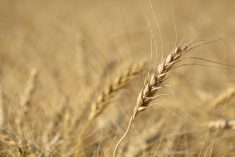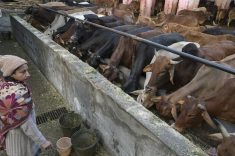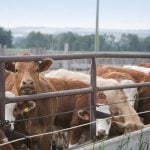A lot of farmers still have that “what happened” look after seeing last year’s crop price rally evaporate in the heat of the worldwide financial meltdown.
However, American commodities guru Jim Rogers thinks prairie farmers should not give up on the dream of farming their way to prosperity. In fact, he’s buying Canadian farmland.
“If you want to buy real estate, buy farms, buy mines,” he said during interviews with Bloomberg TV and MSNBC.
“I think agriculture is certainly the best place to be in the next decade or two.”
Read Also
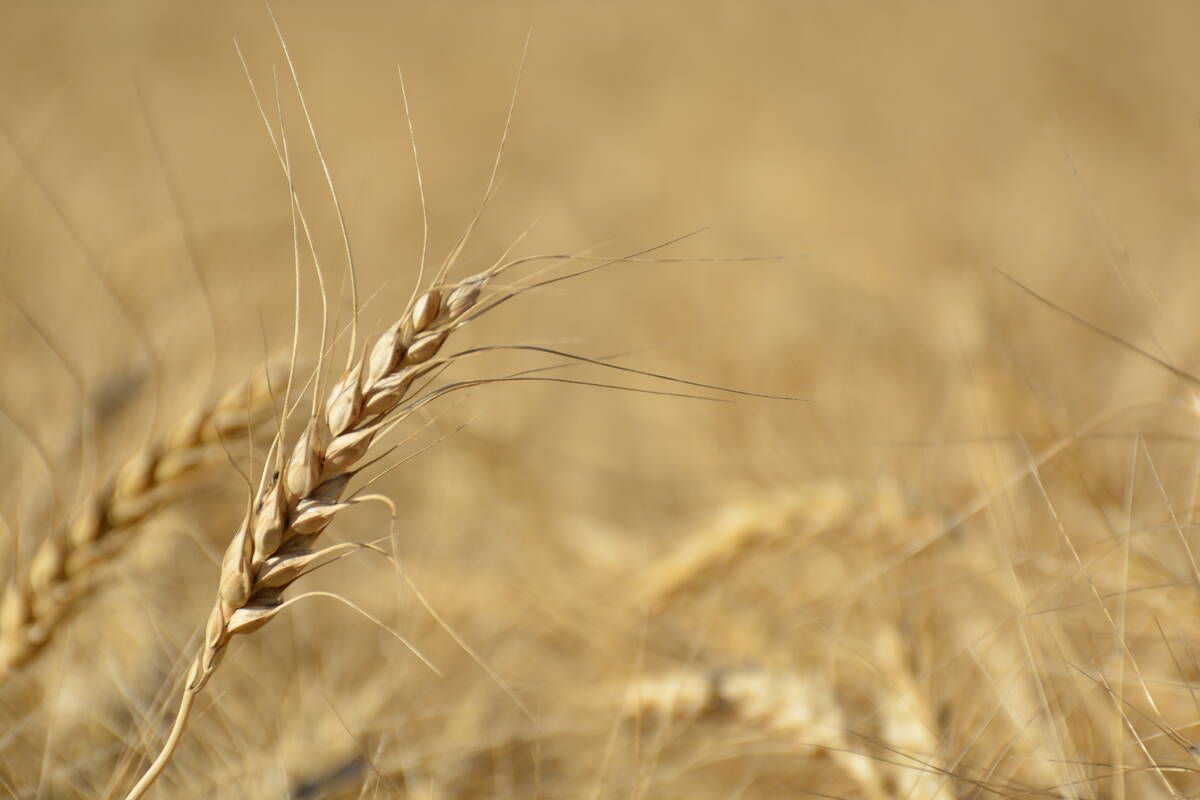
USDA’s August corn yield estimates are bearish
The yield estimates for wheat and soybeans were neutral to bullish, but these were largely a sideshow when compared with corn.
Rogers is involved in a fund that is buying farmland in Western Canada and Brazil as a way to speculate on the future value of agriculture.
He is generally recognized as the first investor to spot the beginning of the commodities bull market in the late 1990s, defying conventional wisdom that said commodities were losers and money should be invested in the soaring stock market.
He not only plowed his own money into commodity index funds – two of which he set up – but also published the book Hot Commodities that created scores of influential followers around the world.
Rogers jumped into the commodities market within six months of its two-decade low and for the next decade appeared brilliant as oil went from less than $20 per barrel to $147. However, the collapse after the mid-2008 commodity market peak prompted many to question Rogers’ belief that a “long-term commodity bull market” is still in force and will continue for about another decade.
Rogers has shrugged off people’s dismay over the slump in commodities, pointing out both now and in his book that similar setbacks have occurred in every commodity bull market, such as those of the 1930s and 1970s, and has argued that now is the time to invest money into agricultural commodities.
That’s what he’s doing with farmland. Rogers is a director of a fund buying pastureland in Brazil and developing it as cropland. Another fund is buying cropland in Canada.
“If I’m right, agriculture is going to be one of the great industries of the next 20 years or so, 30 years,” said Rogers when explaining why he wants to own land.
The plan is to buy farmland in Canada and Brazil, hire others to farm it and probably sell it in the future when it is worth more.
Rogers will not spend much time on a tractor.
“I’m not farming it. I’d be a terrible farmer,” he said.
Rogers is still a bull on virtually all commodities, pointing out that the economic and financial crises have caused the cancellation of many mining and oil exploration and development projects.
However, for the past two years he has been most bullish on agricultural commodities. The present crisis has caused a selloff of all asset classes, including agricultural commodities, but at some point supply shortages will drive crop prices higher, he said.






